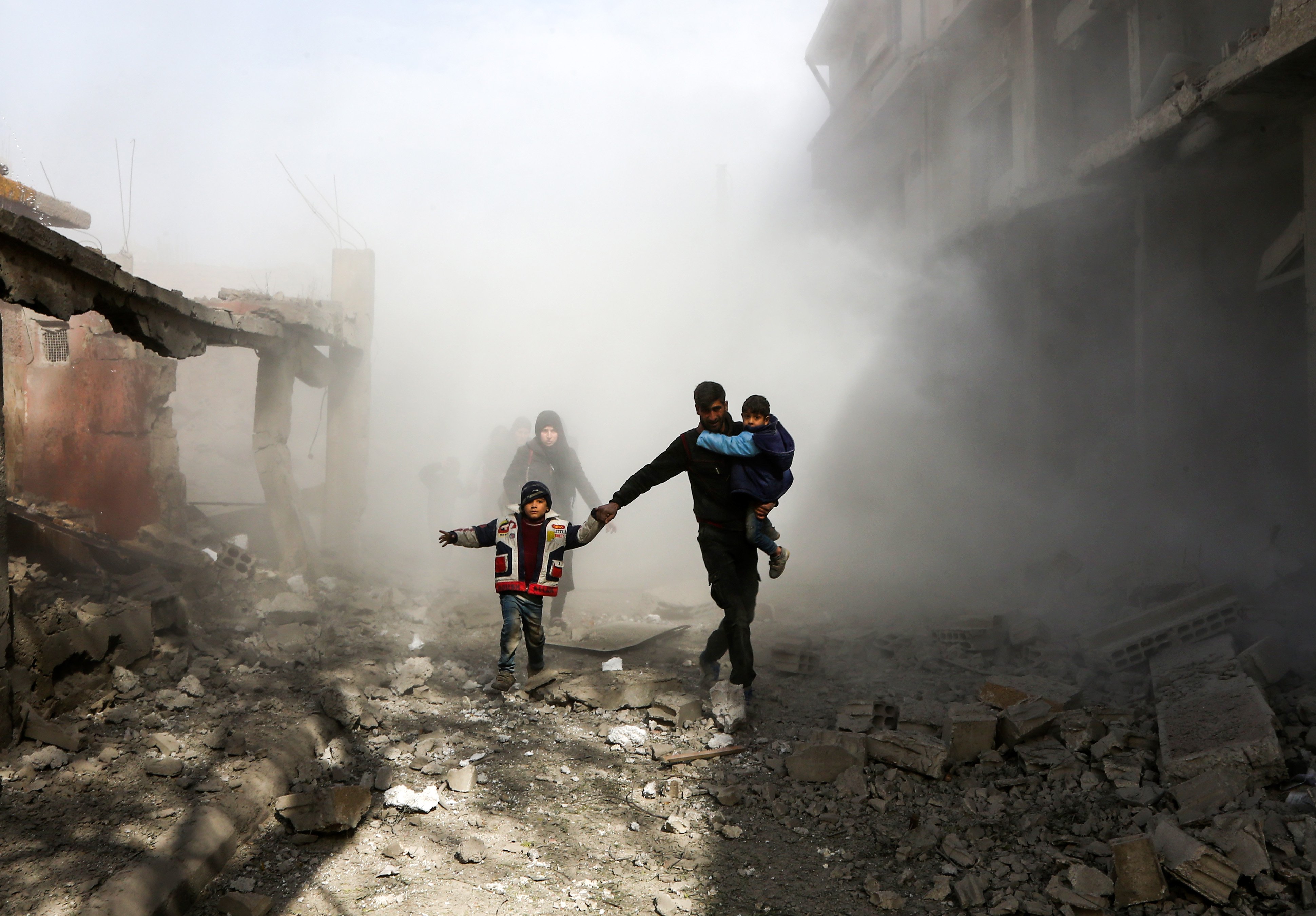A UN investigation has found evidence that North Korea sent material used in ballistic missile and chemical weapons programmes to Syria, along with missile technicians, in violation of UN sanctions, according to the Associated Press.
The 200-page report found that Pyongyang sent more than 40 unreported shipments to Damascus between 2012 and 2017, which included the transfer of prohibited ballistic missiles, conventional arms and dual use goods. Myanmar has also been an illegal recipient of a range of weaponry, bringing the total value of the exports to nearly $200 million in just nine months last year.
As part of the investigation, an unidentified UN member state testified that North Korean technicians “continue to operate at chemical weapons and missile facilities at Barzeh, Adra and Hama,” after a technical delegation arrived in Syria in 2016.
The panel also carried out investigations into Ryu Jin, who is on the UN sanctions’ blacklist, and is a senior official in Syria for the Korea Mining Development Trading Corporation, the primary arms dealer for North Korea. He is believed to have shipped ball-bearings and fibre-optic cables to Syria, equipment related to ballistic missiles and conventional weapons.
The report, addressed to the UN Security Council, is expected to made public next month, with the details of “substantial new evidence” about North Korea’s dealings with Syria dating back to 2008. The North Korean and Syrian missions at the UN have not yet responded to the new claims.
This is the second such report in a year that has found evidence of chemical weapons transfers between North Korea and Syria. In August, a 37-page report found that two shipments sent by North Korea to a Syrian government chemical weapons agency have been intercepted in the previous six months.
In 2013, the International Business Times also reported that North Korea had supplied Syria with the latest technology to convert chemical weapons into warheads.
Despite the Syrian government agreeing to destroy all of its chemical weapons in 2013, there have been dozens of incidents where sarin gas and chlorine have been used on civilians. Earlier this month the Syrian Network for Human Rights found that the Syrian regime of President Bashar Al-Assad has used chemical weapons 211 times since the start of the conflict, killing some 1,421 people.
Of the chemical strikes committed, 33 were before UN Security Council Resolution 2118 was issued in 2013 and 178 took place after.
On 27 October, the United Nations Joint Investigation Mechanism on Syrian Chemical Weapons concluded that the regime was responsible for killing at least 100 people in Khan Sheikhun, in the countryside of Idlib, with chemical weapons. US officials also said earlier this month that the Syrian government may be developing new types of chemical weapons for use against opposition groups.
Staunch Syrian ally, Russia has repeatedly denied that the regime has used such weaponry and, in November, vetoed a US-drafted resolution to renew an international inquiry into the incidents.



